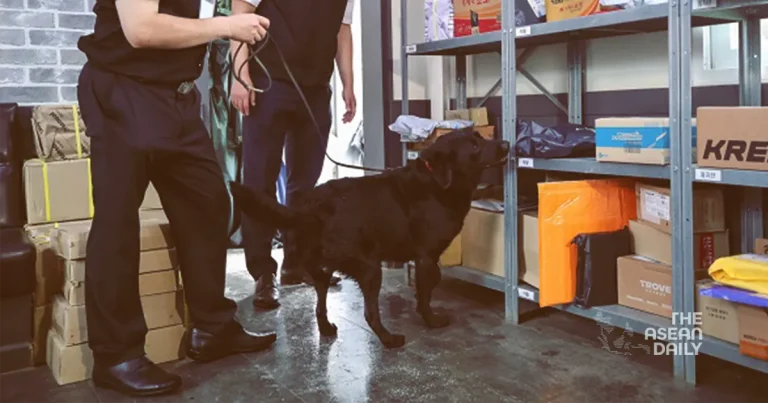19-7-2024 (SEOUL) Thailand continues to be the primary source of illegal narcotics seized by South Korean authorities, according to recent data released by the Korea Customs Service (KCS). The figures, reported by Yonhap news agency, shed light on the ongoing challenges faced by South Korean law enforcement in combating international drug trafficking.
In the first half of 2024, Thai-originating drugs accounted for a significant 25% of the total 298 kilogrammes of narcotics intercepted at various South Korean entry points. This places the Southeast Asian nation at the forefront of countries implicated in drug smuggling attempts into South Korea, with the United States following closely behind at 20%.
The report indicates that Thailand has maintained its position as the leading source of illicit drugs entering South Korea, a trend that was also observed throughout the previous year. This consistent pattern underscores the persistent nature of the drug trafficking routes between the two nations and highlights the need for continued vigilance and international cooperation in addressing this issue.
Despite the prominence of Thailand in these statistics, the KCS data revealed a noteworthy 9% decrease in the overall volume of seized drugs compared to the same period in 2023. However, this reduction does not necessarily indicate a waning of smuggling activities. Rather, it appears to reflect a shift in trafficking strategies.
A KCS official, speaking to Yonhap, noted a significant change in the nature of smuggling attempts. “We’ve seen an increasing number of small-scale smuggling cases, while large-scale attempts have fallen due to tighter border controls,” the official explained. This adaptation in trafficking methods suggests that smugglers are evolving their tactics in response to heightened security measures.
The data also provides insights into the preferred methods of drug transportation. According to the report, the majority of smuggling attempts (53%) were made through international mail services. Air travelers accounted for 22% of the cases, while express cargo shipments were responsible for 24% of the interceptions.




